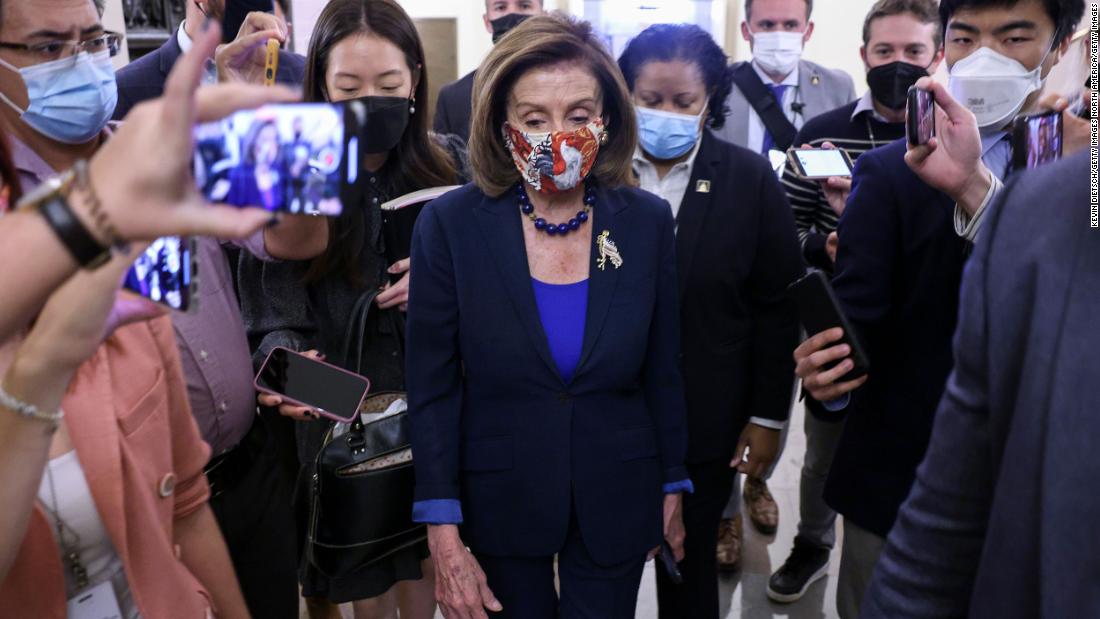Analysis: Why the Democratic majority is shakier than ever
Congressional Democrats spent the entire last week negotiating — and fighting — with themselves over the fate of two bills: 1) a $1 trillion bipartisan infrastructure plan that has already passed the Senate with 69 votes and b) a several-trillion-dollar — we think — social safety net program that contains many of President Joe Biden’s first term agenda within it.
Neither bill got a vote — despite a previous promise from Speaker Nancy Pelosi that the infrastructure bill would, for sure, be voted on last Monday — or at least sometime last week.
The impasse left House Democrats headed to their home districts with absolutely nothing to show for their very-public efforts, except a very bright line drawn between its moderate and liberal wings.
Here’s the problem for Democrats: They are in charge of every lever of governance. They control both houses of Congress. They control the White House.
Voters know those facts. And, if the past is prologue, have an expectation that Democrats will, therefore, be able to get things done for the country.
(Sidebar: The nitty gritty of this situation is far more complicated, with consolidated Republican opposition and the very narrow Democratic majorities making it very difficult to pass much of anything. But the average voter either doesn’t know or doesn’t care about those caveats.)
There’s other data in that poll that should concern Democrats after the week they’ve had. Almost 7 in 10 (69%) said that things in the country are going either “pretty or “very” badly. Nearly 3 in 4 (75%) described themselves as “angry” when thinking about the state of the country at the moment. Almost 8 in 10 (77%) said they were worried about the state of the economy.
That is a portrait of a very uneasy — and combustible — electorate, an electorate looking to punish politicians who don’t give them what they want when they want it.
And, with Democrats in power, the punishment meted out by voters will fall disproportionately on them — especially if the current divisions on displays between liberals and moderates can’t be solved or at least mitigated in a way that allows for a popular measure like the infrastructure bill to be passed.
This is a very fraught moment for Democrats. What happens in the next month could well determine the party’s fate in the coming midterm elections.
![]()


